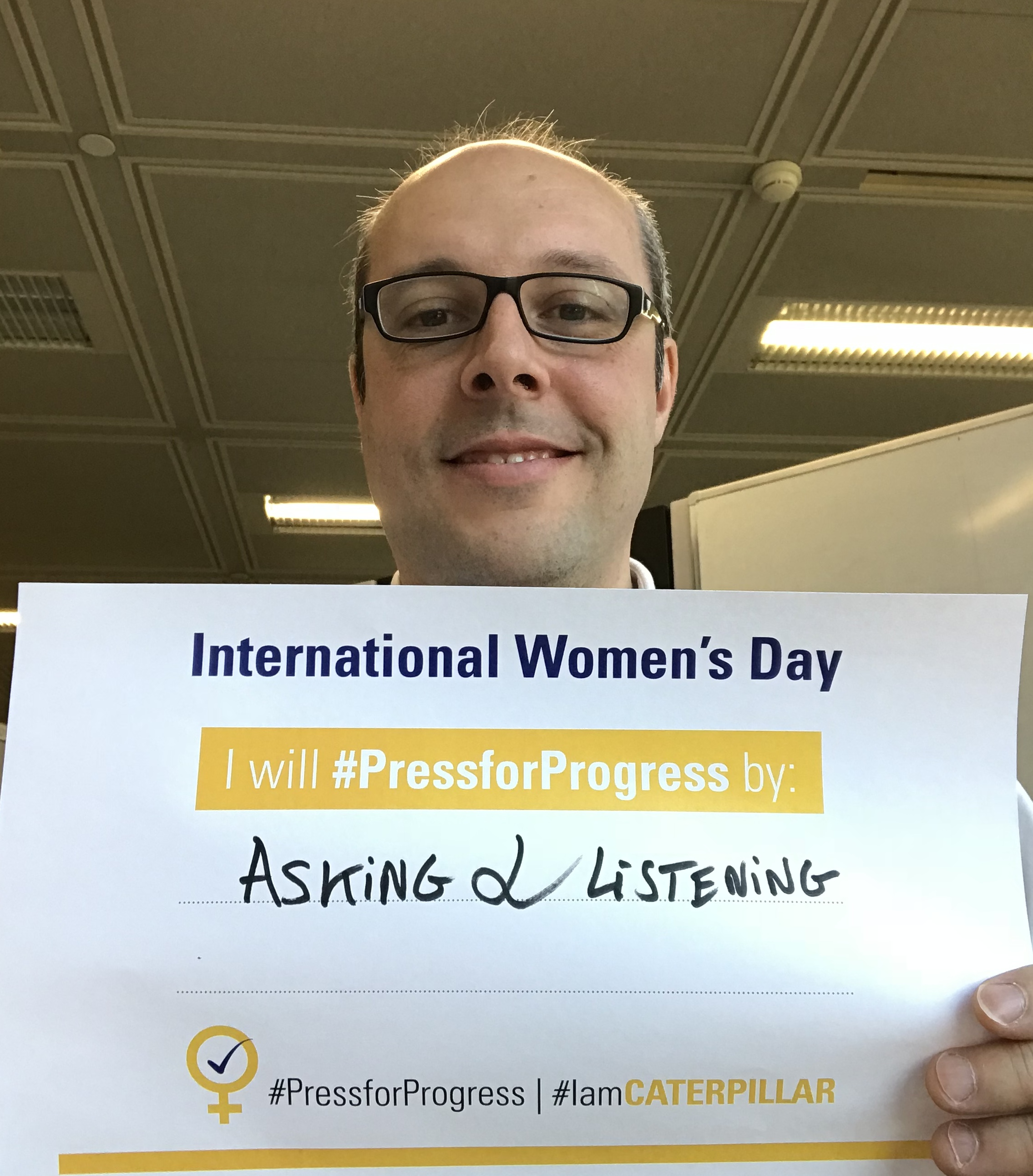How Emerging Leaders Get Chosen - Long Before the Job is Posted
Jun 18, 2025
Written by Pierre-Laurent (PILO) Verdon
When I was a leader at Caterpillar, I was often approached by individual contributors who aspired to become leaders. I admired their courage. Asking for guidance is a vulnerable act. I had been there, so I understood what it took to make that move.
I was also impressed by their strategic thinking. They knew that if they wanted to become supervisors, they had to reach out to someone who could make that decision. Too often, emerging leaders talk only to their own managers or to first-line leaders, assuming that understanding the job they aspire to is enough to earn the next one. But the truth is, only leaders of leaders can appoint someone to a supervisory role. Failing to engage with those decision-makers means missing their future “employers.”

Vision: Where Are You Taking Us?
These conversations often took place over coffee or lunch. My first question was simple: “Why do you want to lead?”
This question was more revealing than it seemed. Most responses focused on personal growth: “I want to develop myself,” “I’m ready for a challenge,” or “I want to get promoted.” These are valid, but incomplete for me.
What I was listening for was vision. The most compelling responses sounded like this:
“I’ve identified a problem or an opportunity. I’ve done some research, tested ideas with a few colleagues, and we’ve started something that shows promise. I believe we could scale it across the team, and I’d love to do that under your leadership.”
This shows entrepreneurial thinking. Leadership is about more than wanting a role. It’s about seeing a possibility, acting on it, and bringing others with you. That’s what earns you the opportunity to lead in any organization.
Feedback: Can You Have the Hard Conversations?
My next question focused on feedback. I would ask them to describe a time when they had to handle a challenging performance situation - whether with a peer, a teammate, or a client.
I wasn’t expecting perfection. I was listening for courage and clarity. How did they set expectations? How direct were they? What happened afterward? What did you do if / when they were not met?
Leadership requires you to represent the company. You become accountable for both results and relationships. That means giving feedback, even when it’s uncomfortable. You have to be willing to address underperformance. Not harshly, but clearly. Not reactively, but with intention.
Some relationships will be harder than others. The ability to manage through those situations - without avoidance - is part of the role.

Coaching: Can You Help Others Grow?
In high-performing teams, most people are already skilled and experienced. The leader’s role is not to solve everything. It’s to coach.
Coaching is often misunderstood. It doesn’t mean telling people what to do. It means helping them find clarity on what they want to achieve and supporting them in choosing their path. That requires listening deeply, asking open-ended questions, and trusting people to take ownership.
So I would ask: “Tell me about a time you helped someone achieve their goal.” Most candidates struggled with this question. Coaching is not a skill often developed early on. But I wasn’t looking for formal training—I was looking for signs of curiosity, empathy, and people-focus.
If they hadn’t "coached" yet, I would invite them to start where they were. Even without direct reports, anyone can begin practicing coaching. It’s a key part of leadership and essential to learning how to delegate effectively.

Choosing Supervisors is a High-Stakes Decision
As a leader of leaders, your supervisors are pivotal. If you have three supervisors overseeing a team of 21, each one influences a third of the organization. You don’t make that decision lightly.
Two conclusions stand out:
-
The best emerging leaders are already leading informally.
Their colleagues already see them as a go-to person. Their promotion is simply formalizing what others already recognize. It feels natural. -
The decision starts long before the role is open.
It’s rarely about the job posting or a single interview. It’s shaped over months of interaction - through side projects, hallway conversations, mentoring moments, and shared challenges. Leaders of leaders are always observing. They’re looking for readiness before they offer the role.
Of course, this applies mainly to internal promotions. When hiring externally, you don’t have the luxury of time. But even then, it’s possible to create opportunities to engage meaningfully before the interview process begins.
That, perhaps, is a story for another post.


